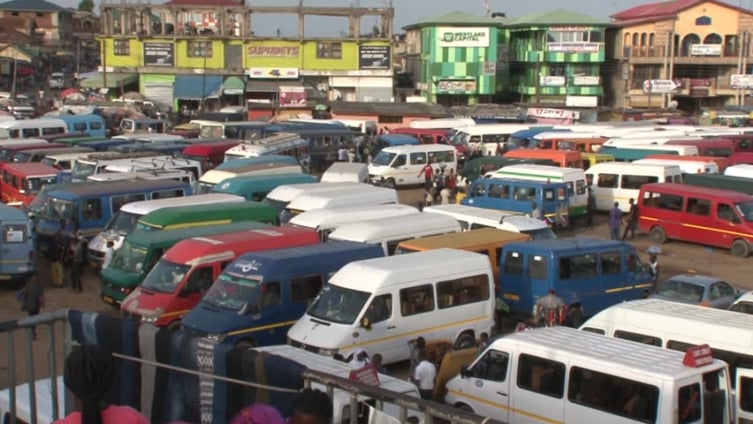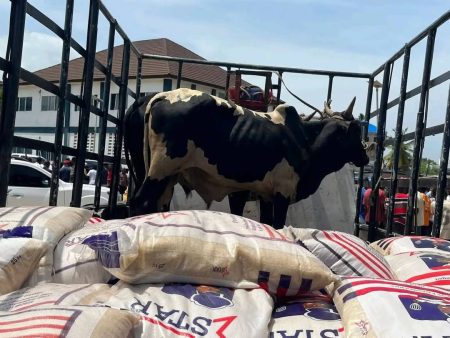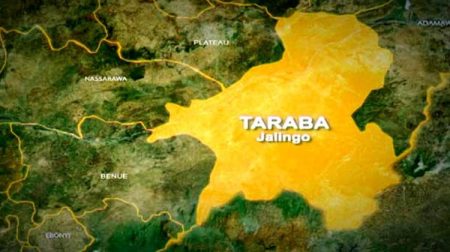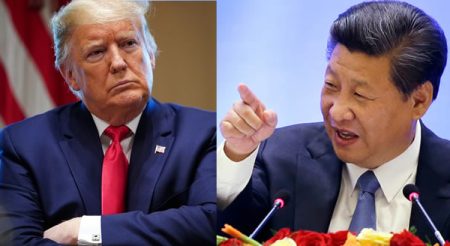The looming nationwide strike by commercial transport operators in Ghana, initially scheduled for June 10, 2025, has been suspended following productive discussions with the Ministry of Transport. The strike, triggered by the newly implemented GHS1 fuel levy under the Energy Sector Levy (Amendment) Bill, 2025, was predicated on the fear of increased fuel costs, which would have a cascading effect on transportation fares and operational expenses for drivers. The transport operators, apprehensive about the potential financial burden, sought clarification and assurances from the government regarding the levy’s implementation and its impact on fuel prices.
The Ministry of Transport, in a meeting with representatives of the transport unions, provided assurances that the GHS1 levy would not immediately translate to higher pump prices. This assurance served as the primary catalyst for the strike’s suspension. The operators agreed to hold off on their planned action, opting instead to monitor the levy’s practical implementation and its actual impact on fuel costs at the pumps. This decision demonstrates a willingness to engage in constructive dialogue and observe the real-world effects of the new policy before resorting to further action. The suspension also provides a temporary reprieve for commuters who would have been significantly impacted by a nationwide transport shutdown.
Samuel Amoah, Public Relations Officer for the transport operators, confirmed the strike’s suspension in a media interview. He reiterated the group’s primary concern regarding the GHS1 levy, emphasizing its potential to exacerbate the already existing financial pressures faced by transport operators. However, he acknowledged the Ministry’s explanation that the levy, in its current form, would not lead to an immediate increase in pump prices. This assurance formed the basis of the decision to suspend the strike and adopt a wait-and-see approach. The operators’ decision hinges on the premise that the levy remains absorbed without impacting the consumer price of fuel.
The operators’ strategy is contingent on continuous monitoring of the situation. They will closely observe fuel prices in the coming days and weeks to verify the Ministry’s assurances. Should the levy lead to an increase in pump prices, the transport operators are prepared to reinstate their strike action. This proactive stance indicates their commitment to protecting their livelihoods and ensuring fair pricing for consumers. The temporary suspension provides a window for further dialogue and observation, but the underlying concerns remain, pending the actual implementation and impact of the levy.
The GHS1 fuel levy, projected to generate GHS5.7 billion, is earmarked for addressing debts within the energy sector and financing fuel procurement. While the government views this levy as a necessary measure to stabilize the energy sector, it has faced significant opposition from transport unions and other industry stakeholders. These groups argue that the levy will inevitably lead to a ripple effect of price increases, affecting not only transportation costs but also the overall cost of living. The concern is that the levy will contribute to inflationary pressures, further burdening citizens already grappling with economic challenges. The government faces the delicate task of balancing its need to address energy sector debts with the potential economic repercussions of the levy.
The current situation remains fluid, with the strike suspended but not entirely off the table. The transport operators’ decision to monitor the situation and potentially resume strike action if pump prices rise reflects the precarious balance between the government’s fiscal needs and the economic realities faced by transport operators and the public. The coming days will be crucial in determining whether the levy can be implemented without triggering the feared price hikes and subsequent resumption of the strike. The government’s ability to manage this situation effectively will have significant implications for the transport sector and the broader economy.














